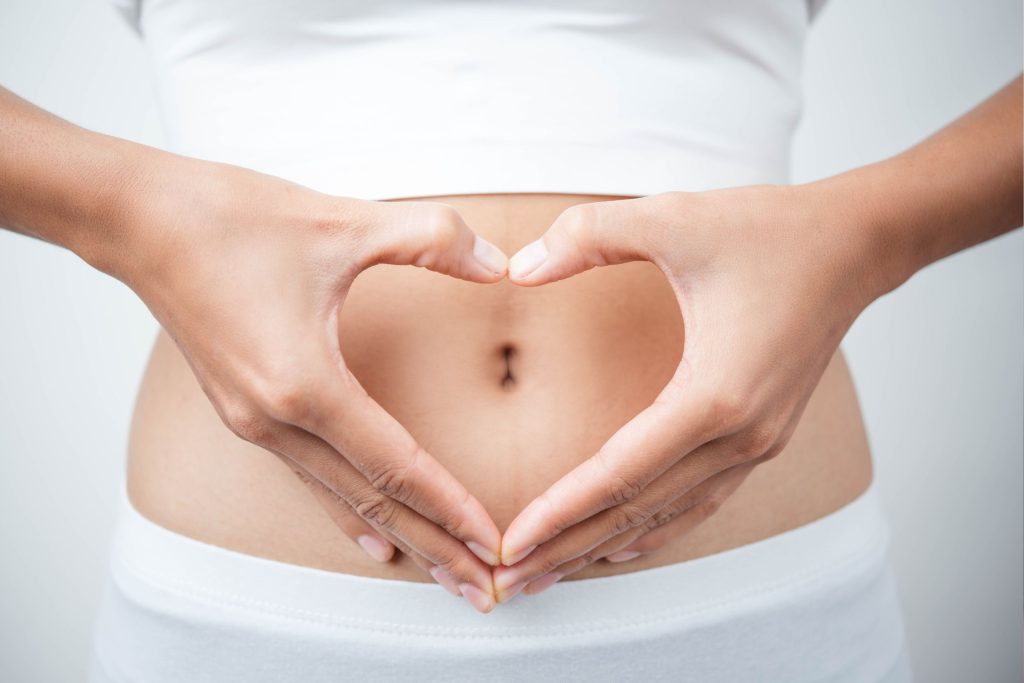The Power of Protein: A Woman’s Guide to Optimal Health
(Read time – 5 minutes)
introduction
Women’s health is a topic that deserves attention and care, and one crucial aspect of it is nutrition. Among the essential nutrients, protein stands out as a cornerstone for overall well-being. In this article, we’ll explore the significance of protein in women’s health and why it’s essential for maintaining vitality, strength, and overall wellness.
Understanding the Role of Protein
Protein is one of the three macronutrients, alongside carbohydrates and fats, that your body needs in relatively large amounts. Unlike the other two, protein is unique because it’s made up of amino acids, often called the “building blocks” of life. These amino acids are crucial for various bodily functions, including cell repair and growth, immune system support, and hormone production.
Protein and Women’s Health
Protein plays a significant role in women’s health at every stage of life. Here are some key areas where it can make a difference:
- Muscle Health: As women age, maintaining muscle mass becomes increasingly important. Protein intake helps prevent muscle loss and ensures that your muscles remain strong and functional.
- Hormonal Balance: Adequate protein intake supports the production and regulation of hormones. This is particularly important during menstruation, pregnancy, and menopause.
- Bone Health: Proteins like collagen are vital for maintaining strong and healthy bones. This can be especially crucial for women, who are more prone to conditions like osteoporosis.
- Weight Management: Protein can help with weight management by promoting feelings of fullness, which can reduce overall calorie intake. With that being said, just because somebody isn’t ‘overweight’, it doesn’t mean they are getting enough protein.
How Much Protein Do Women Need?
The daily recommended intake of protein varies depending on factors such as age, activity level, and life stage. However, a general guideline is that women should aim for about 46-56 grams of protein per day as a minimum This can be easily achieved through a balanced diet that includes lean meats, fish, poultry, dairy products, legumes, and plant-based protein sources like tofu and tempeh.
Quality Matters
When considering protein sources, it’s important to prioritize quality. Lean meats, fish, eggs, and dairy products provide high-quality protein with a balanced amino acid profile. However, if you follow a vegetarian or vegan diet, it’s crucial to combine different plant-based protein sources to ensure you get all the essential amino acids your body needs.
Conclusion
In conclusion, protein is a fundamental component of women’s health. It supports everything from muscle strength to hormonal balance and bone health. To ensure you’re getting enough protein, maintain a balanced diet with a variety of protein sources. By prioritizing protein in your diet, you can take a significant step toward optimizing your overall health and well-being.
Remember, your health is an investment, and protein is a valuable asset in that journey. So, make it a priority in your daily diet, and reap the benefits of a stronger, healthier you.

